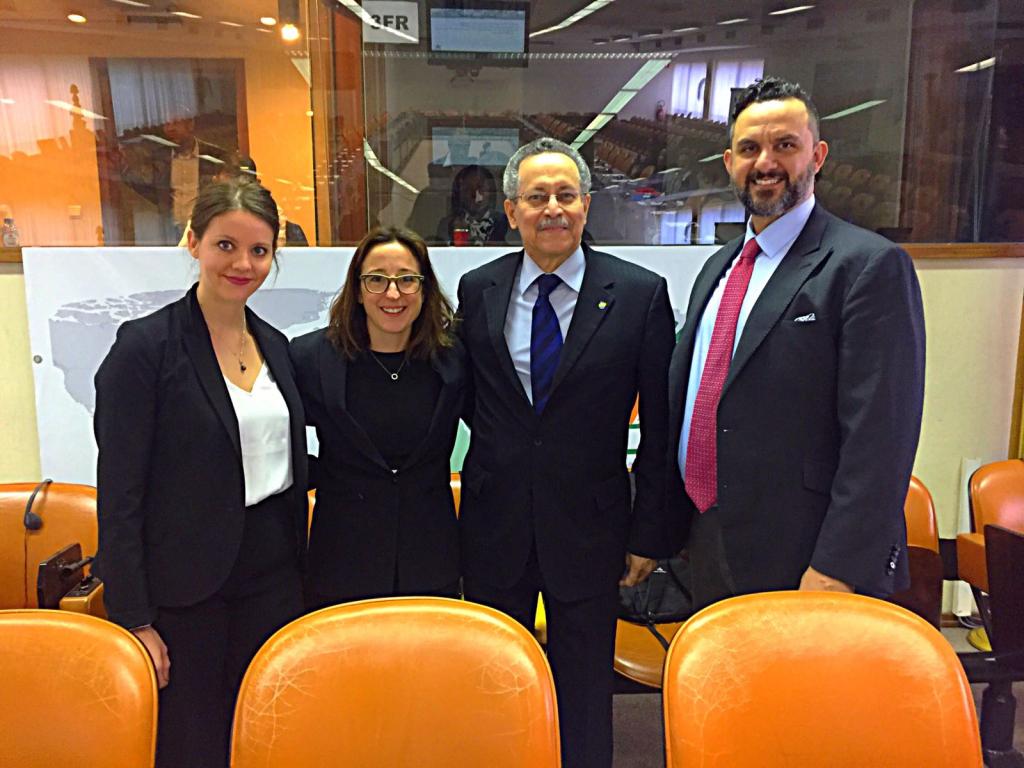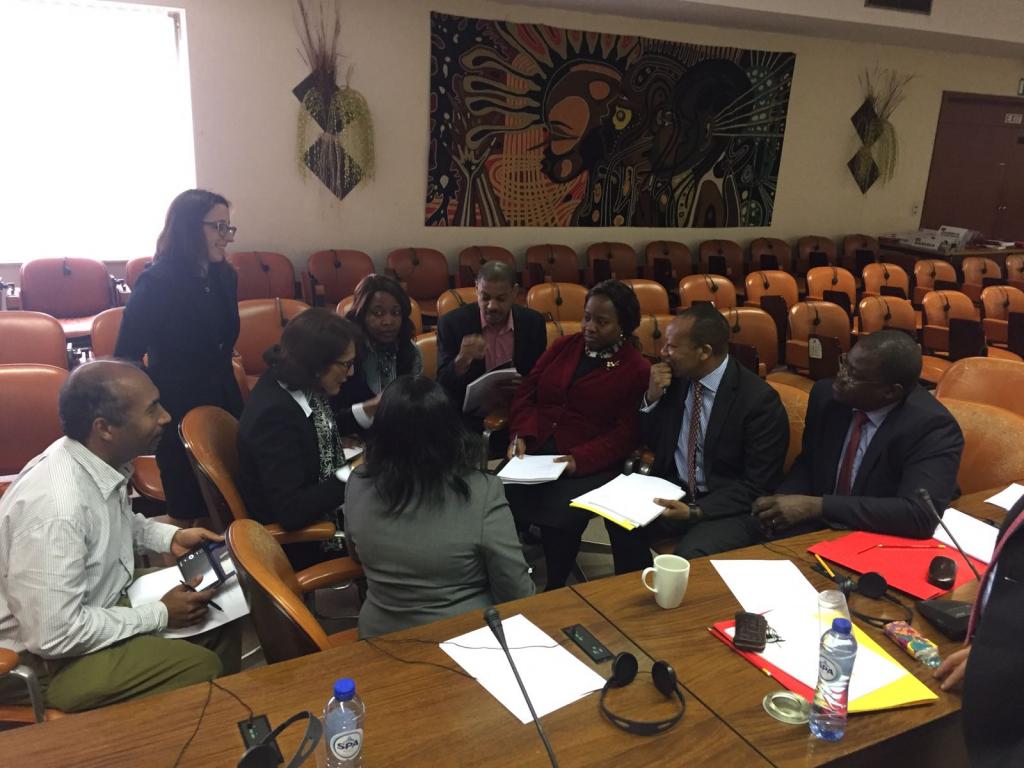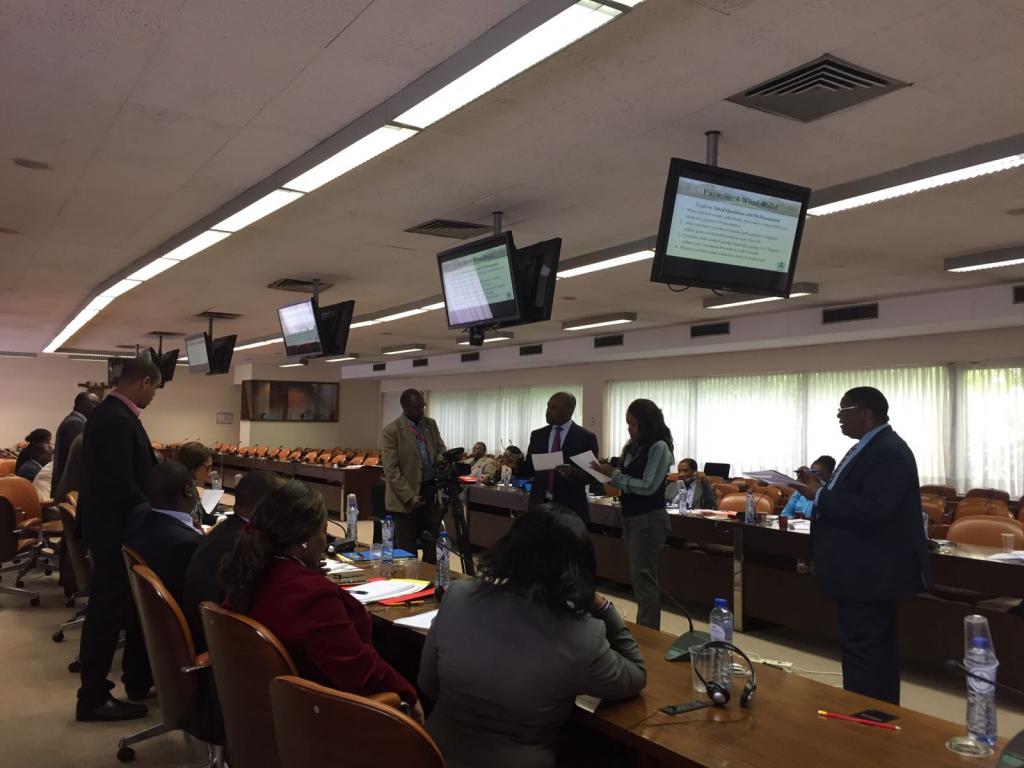UNITAR Delivers Course on Drafting and Presentation Skills in Brussels
 8 - 11 May 2017, Brussels, Belgium- United Nations Institute for Training and Research (UNITAR), organized a workshop titled “Drafting and Presentation Skills in a Context of Global Diplomacy: Writing Intensive Training Course, with a Presentation Component” in collaboration with the African Caribean and Pacific Group of States (ACP) Secretariat; taught by Professors Alexandra Carter and Shawn Watts from Columbia Law School. UNITAR will continue organizing such course in French and English for the ACP Secretariat Staff Members.
8 - 11 May 2017, Brussels, Belgium- United Nations Institute for Training and Research (UNITAR), organized a workshop titled “Drafting and Presentation Skills in a Context of Global Diplomacy: Writing Intensive Training Course, with a Presentation Component” in collaboration with the African Caribean and Pacific Group of States (ACP) Secretariat; taught by Professors Alexandra Carter and Shawn Watts from Columbia Law School. UNITAR will continue organizing such course in French and English for the ACP Secretariat Staff Members.
In the context of global diplomacy, the main objectives of this intensive training course were to:
a) enhance the drafting ability of the professional staff members of the ACP Secretariat in preparing official documents for use by the governing organs with respect to the implementation of the mandate of the ACP Group, and
to the implementation of the mandate of the ACP Group, and
b) enhance the presentation (public speaking) skills of the professional staff members of position papers and other documents to the governing organs and other stakeholders of the ACP Group at various fora.
Participants were taught the terminology, the use of language and communication at the United Nations; how to navigate the world of multilateralism and break down its components: Identifying the who and what. Participants were also taught how to draft official correspondence; to synthesize and apply the knowledge acquired.
Presentations and public speaking took place during the last session. Participants had to present the main arguments to others (internally or when preparing for  negotiations and in negotiations). They had to use their work to bring about their desired change: focusing on results.
negotiations and in negotiations). They had to use their work to bring about their desired change: focusing on results.
By the end of this training participants were able to acquire and be in a position to apply knowledge with respect to drafting deliverables that are: structured, state clearly their purpose, outline the central elements and associated relevance, and present the recommendations of how the information should be acted upon. Participants also learnt how to synthesize information, work under tight time pressures, and formulate and prioritize central arguments that are to be included in official documents prepared by them.
Photo Credits: Columbia Law School

